Re: Global Monetary Breakdown: Part I
EJ,
FWIW I applaud the video as a skillful integration of graphics and text that allowed me to take away a more accurate view of the points made. For example, the text stated that the USA had dropped out of the top 20 nations on the corruption index. However, the color-keyed graphic showed the corruption level of the USA (yellow hue) still stood in contrast to almost all other nations of the world (red hue), which had a much deeper level of corruption. If I had only the text to read, I would have formed a wrong impression. (Yes, falling out of the top 20 still causes concern, although I doubt any iTulip readers were surprised.)
I take in most of my information by reading text, but I found it refreshing to view the video for a change.
In summary, the video celebrated insights that are already manifest to your subscribers. If it were my site, I'd look at it as a promotional piece to put out in front so potential subscribers could understand the value behind the subscriber wall.
EJ,
FWIW I applaud the video as a skillful integration of graphics and text that allowed me to take away a more accurate view of the points made. For example, the text stated that the USA had dropped out of the top 20 nations on the corruption index. However, the color-keyed graphic showed the corruption level of the USA (yellow hue) still stood in contrast to almost all other nations of the world (red hue), which had a much deeper level of corruption. If I had only the text to read, I would have formed a wrong impression. (Yes, falling out of the top 20 still causes concern, although I doubt any iTulip readers were surprised.)
I take in most of my information by reading text, but I found it refreshing to view the video for a change.
In summary, the video celebrated insights that are already manifest to your subscribers. If it were my site, I'd look at it as a promotional piece to put out in front so potential subscribers could understand the value behind the subscriber wall.


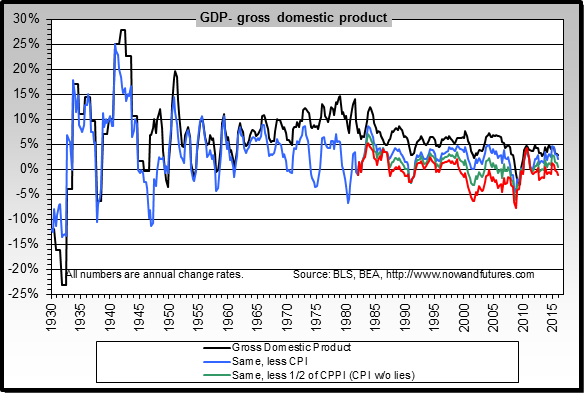
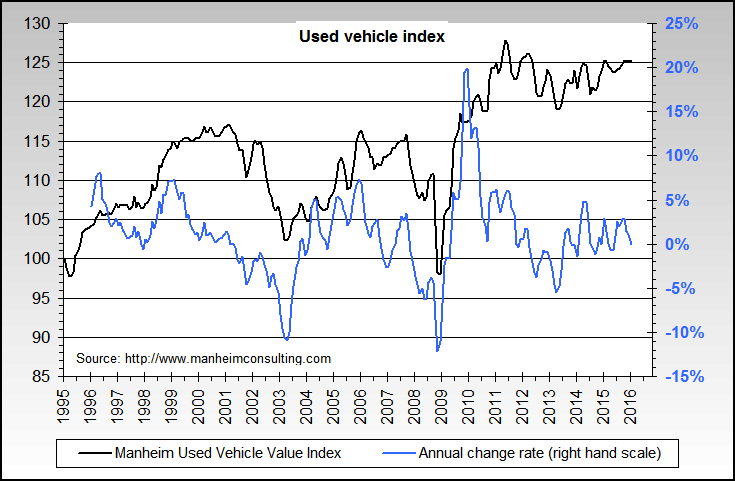
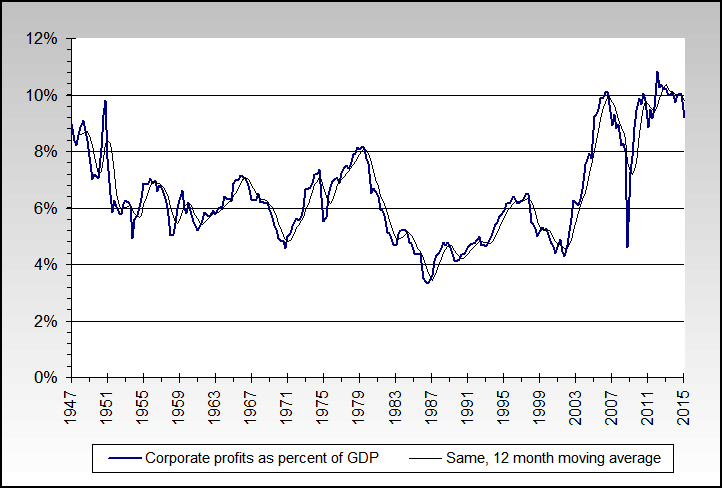
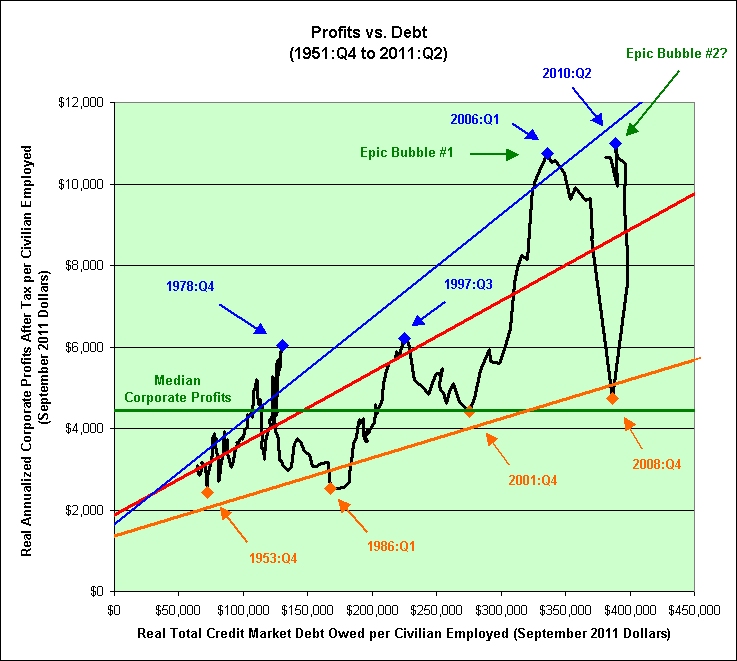
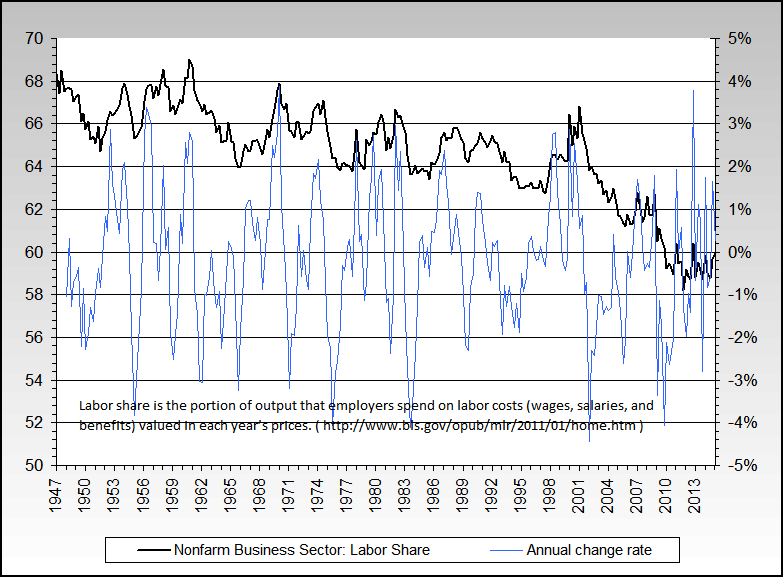
Comment